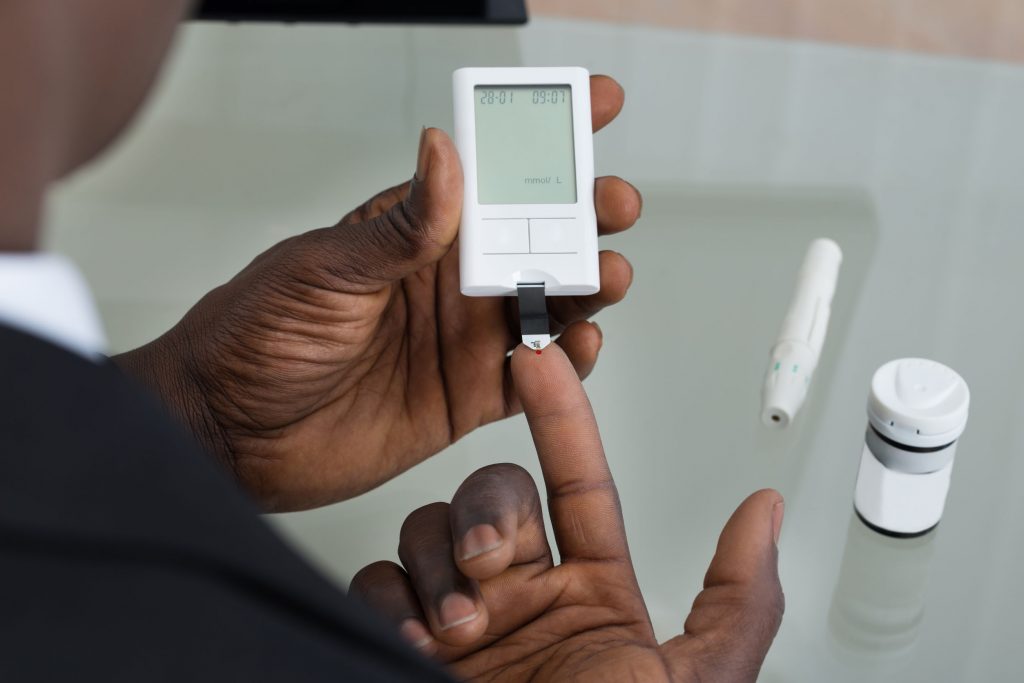
Diabetic retinopathy is a complication of diabetes. It occurs when the blood vessels that supply the retina are damaged as a result of high blood sugar levels that are a symptom of diabetes. This results in damage to the retina, which in turn affects vision.
Diabetic retinopathy is a condition that usually affects both eyes. It can result in retinal detachment, which can only be corrected with surgery. It can also result in the eventual loss of vision.
Am I at risk of developing diabetic retinopathy?
If you have been diagnosed with either type 1 or 2 diabetes, your risk of developing diabetic retinopathy is high. This is because of the fluctuating blood sugar levels. However, most people suffering from diabetes don’t develop the condition until they have had diabetes for at least 10 years.
Can diabetic retinopathy be prevented?
The primary cause in the development of diabetic retinopathy is high and fluctuating blood sugar levels. Therefore, keeping your blood sugar levels even can go a long way in helping to prevent the development of the condition.
However, even with even blood sugar levels, it is still possible to develop diabetic retinopathy. It is therefore important to have regular eye exams. This will help your doctor identify the condition in the early stages of development and allow her to provide treatment for it as soon as possible.
What signs and symptoms should I look out for?
Unfortunately, diabetic retinopathy often creeps in silently. The early stages of development of the disease can be difficult to detect. You may not have any symptoms except blurred vision.
Later stages of the disease include more obvious symptoms including blind spots, cloudy vision and floaters.
Regular eye exams are the best way to ensure that the condition is identified early.
Is there a cure for diabetic retinopathy?
Unfortunately, there is no cure for diabetic retinopathy. However, various treatments can be applied in the early stages of the development of the condition in order to slow down its progression. Unfortunately, these treatments will not reverse the loss of vision.
What treatments are there for diabetic retinopathy?
The best treatment for the condition is prevention – ensure that your blood sugar levels and blood pressure levels are kept under control.
Laser photocoagulation may be recommended to slow down the progression of the condition by reducing leaking from the blood vessels and preventing the growth of new blood vessels.
For more information, talk to an eye care specialist.
